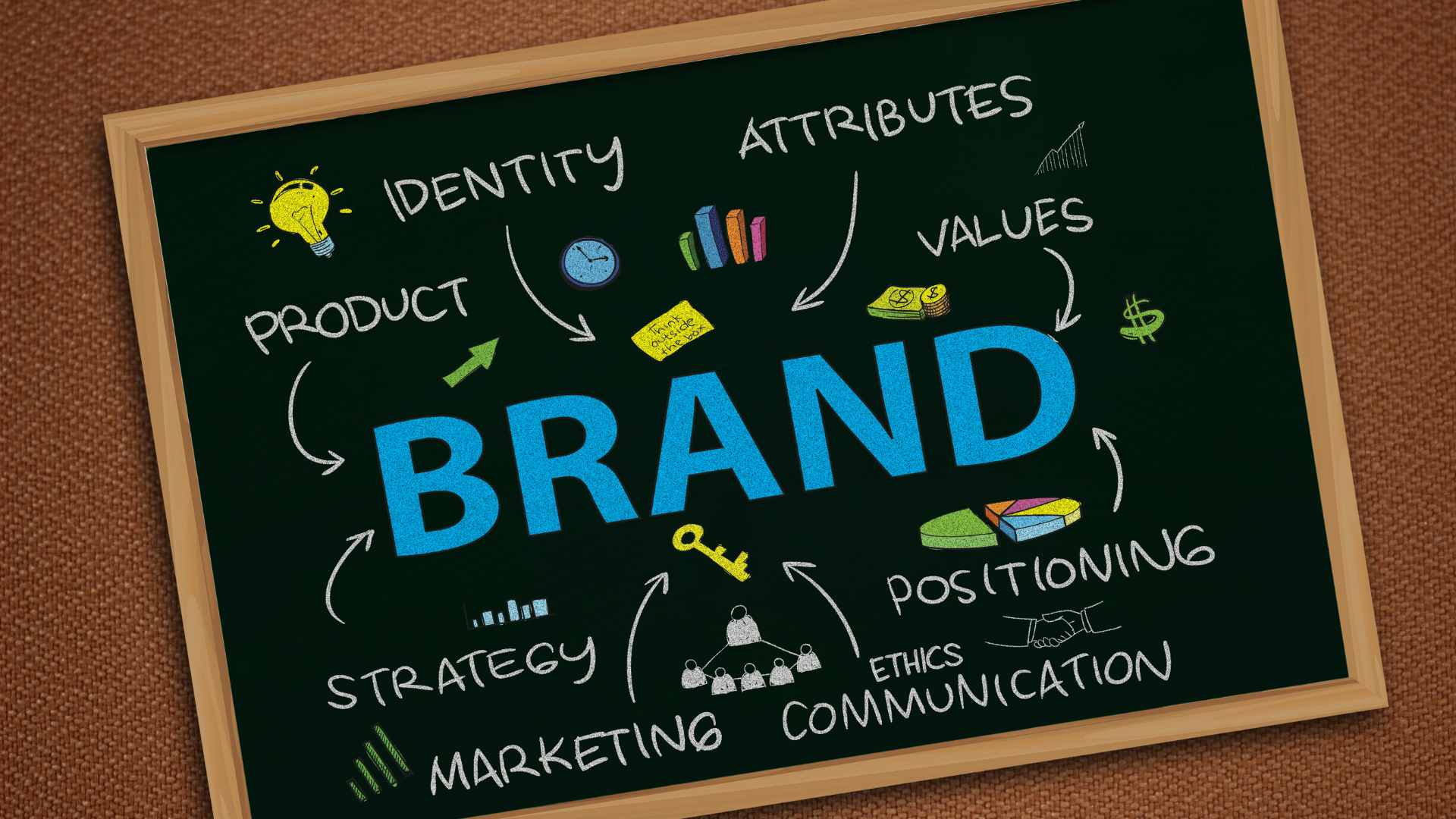In a competitive market, great products or services are not enough. Customers want to feel acknowledged, understood, and appreciated. Personalization helps achieve this. It allows you to meet individual customer needs and preferences. This can impact your brand’s success. In this blog, we explore why personalization is important and how to use it.
What is Personalization?
Personalization means tailoring marketing, products, or services to fit each customer’s needs. It is different from one-size-fits-all marketing. Personalization creates a unique experience for every customer. It includes personalized emails and product recommendations. It uses data to build a deeper connection with the audience.
Why Personalization Matters for Your Brand?
- Builds Stronger Customer Relationships: Personalized experiences make customers feel special and valued. When your brand speaks to their needs, it creates a sense of trust and loyalty. Customers return to brands that understand them. This builds long-term relationships. Personalized emails or birthday discounts make customers feel valued.
- Increases Customer Engagement: Tailored content matches a person’s interests and past interactions. This makes it more effective. Relevant content increases engagement. People are more likely to click emails, visit websites, or follow social media accounts. Personalized content grabs attention and encourages customers to take action.
- Improves Conversion Rates: Personalization improves conversion rates. Personalized product recommendations and targeted ads lead to higher sales. They focus on what the customer likes. For example, if a customer buys shoes, showing them socks or shoe polish can encourage another purchase.
- Enhances Customer Retention: Customers stay loyal to brands that remember their preferences. Personalized experiences keep them engaged. Retaining customers costs less than getting new ones. Personalization helps customers return instead of choosing competitors.
How to Tool Personalization in Your Brand?
- Leverage Customer Data: To personalize, you need to collect and analyze customer data. This could include purchase history, browsing behavior, demographics, and feedback. Use this information to segment your audience. Create tailored marketing strategies for each group. Focus on their specific interests.
- Personalized Emails and Messages: One of the easiest and most effective ways to personalize is through email. Address customers by name to make them feel valued. Send personalized offers to boost engagement. Recommend products based on past purchases. Make sure email content matches each recipient’s interests. This increases the chances of conversion.
- Customized Website Experience: Personalize your website to create a more engaging experience for returning visitors. For example, recommend products based on browsing history. Greet visitors with tailored messages. A personalized website improves user experience. It also increases the chances of turning a visitor into a customer.
- Use Social Media for Personalized Interactions: Social media platforms help interact with customers personally. Respond to comments and engage with users directly. Share content for specific audience groups. Personalizing social media interactions builds strong relationships. It helps build a community around your brand.
Challenges of Personalization
While personalization offers many benefits, it does come with its challenges. One of the primary obstacles is data privacy. Customers are becoming more cautious about how their personal data is being used. Be transparent about data collection processes. Follow privacy regulations. Personalization needs regular monitoring and adjustments. Customer preferences and behaviors change over time.
Embrace Personalization for Brand Success
Personalization is powerful in the digital world. Understanding your customers helps build strong relationships. Tailored marketing increases engagement and boosts success. Personalized emails, customized websites, and targeted social media help your brand stand out. Personalization connects you with your audience on a deeper level. To improve your brand’s personalization, partner with ProspectZ. They specialize in data-driven marketing solutions. ProspectZ can help create personalized experiences for your customers. This will drive better results.

